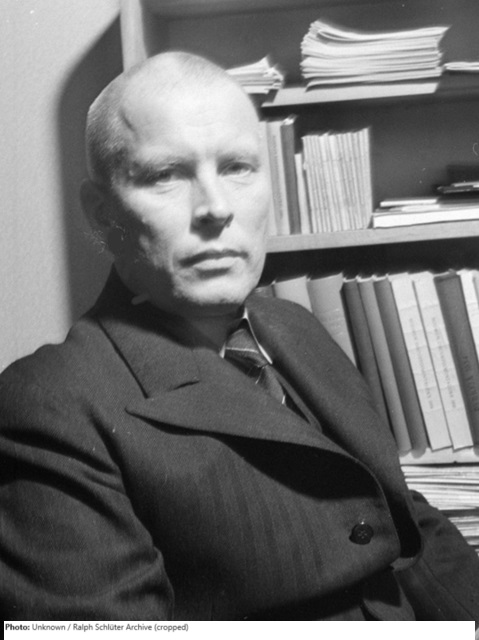Finnish writer Urho Karhumäki was first educated as a school teacher until 1913 and then worked as an agricultural adviser to Pallervo in Helsinki. Because of the bankruptcy of a company in which he was involved, from 1935 until his death he was indebted. He wrote mostly novels and children’s books, but also some plays and short stories. In 1938 he was appointed director of the Literature Association “Nuoren Voiman Liitto”, which published many books by aspiring writers.
Karhumäki used several pseudonyms: Jussi Haukka, Nalle, and Tavi Ylämaa. His novel Avoteveen (Into Free Water) was honored with the gold medal at the 1936 Berlin Olympics in the category Literature, Epic Works. Because of the limitation of the text for the art contests to 20,000 words, Karhumäki first wrote the last third of the book and attached a short summary of the remaining parts. Disillusioned after a spell in the capital Helsinki, the young runner Yrjö returns to his farm in the north, where he finds there his great love but also sporting success. Finally, he qualifies for the 5,000 m run at the Olympic Games. The book was also published in German in 1937, first in sequels in the journal “Die Woche” and later as a book under the title Yrjö, the runner “only for use in the Wehrmacht”. Based on the novel and on the occasion of the 1940 Olympic Games planned for Helsinki, director Orvo Saarikivi shot the movie of the same title in 1939.

 Finland
Finland FIN
FIN